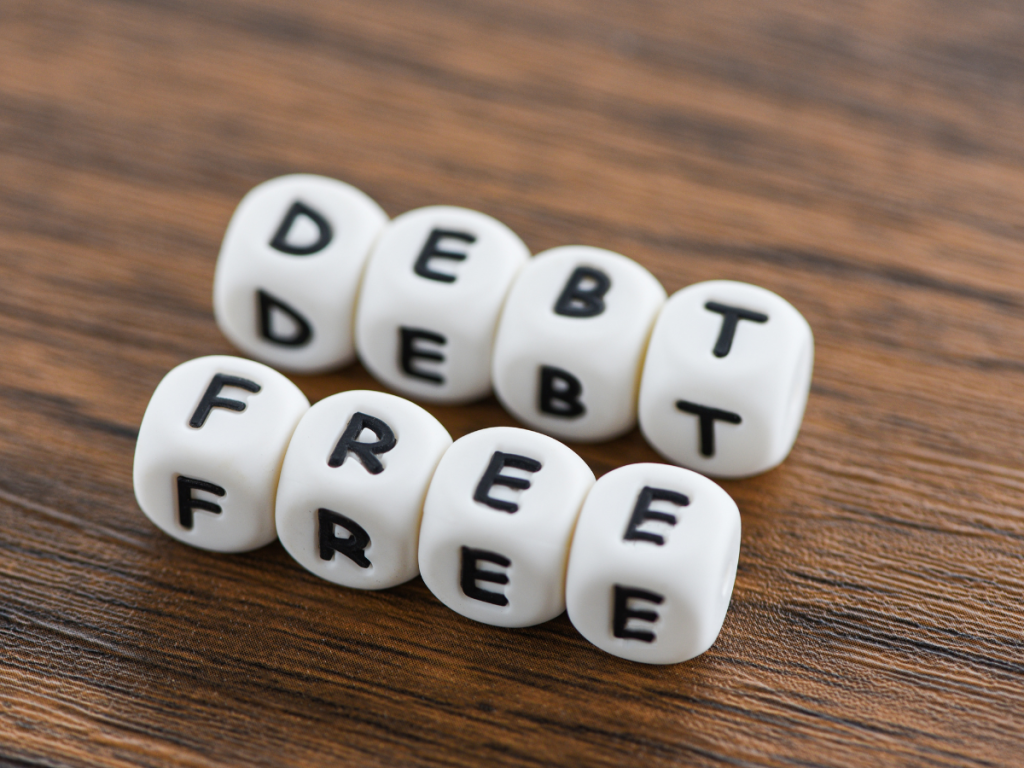Paying off debt is one of the most rewarding financial goals you can achieve—but it’s also one of the hardest to stick with. Many people start strong only to lose momentum when progress feels slow or unexpected expenses pop up. If you’re struggling to stay motivated, you’re not alone. The good news? There are proven strategies to help you stay focused, inspired, and on track toward becoming debt-free.
1. Set Clear and Achievable Goals
Debt repayment feels overwhelming when you only look at the big picture. Break your debt down into smaller milestones. For example:
-
Paying off your first $500 balance
-
Reducing one credit card below 50% utilization
-
Knocking out your highest-interest loan
Each small win creates momentum and makes the larger goal feel less intimidating.
2. Track Your Progress Visually
Seeing progress keeps you motivated. Use a debt payoff app, a spreadsheet, or even a paper chart on your wall. When you can see your balances shrinking month by month, you’ll be more motivated to keep going.
3. Celebrate Small Wins Along the Way
Debt repayment doesn’t have to feel like punishment. Reward yourself for progress—just do it in a budget-friendly way. Simple celebrations like a special dinner at home, a movie night, or a weekend hike can give you the boost you need without setting you back financially.
4. Focus on Your “Why”
Staying motivated often comes down to remembering why you started. Maybe you want financial freedom, less stress, or to buy a home. Write down your reasons and keep them somewhere visible. On tough days, your “why” can reignite your commitment to paying off debt.
5. Use the Debt Snowball or Debt Avalanche Method
Structured strategies keep you disciplined.
-
Debt Snowball: Pay off the smallest balance first to build momentum.
-
Debt Avalanche: Pay off the highest-interest debt first to save the most money long-term.
Both methods work—what matters most is choosing one and sticking with it.
6. Find Accountability and Support
Tell a friend, join a debt-free community, or work with a financial coach. Having accountability makes it harder to quit and easier to celebrate milestones with someone who understands your journey.
7. Remember That Setbacks Are Normal
Unexpected expenses or missed payments don’t mean failure—they’re just part of the process. What matters is that you pick yourself back up and keep going. Progress, not perfection, leads to long-term debt freedom.
Final Thoughts
Debt repayment takes time, patience, and persistence. Staying motivated is the key to pushing through when the process feels slow or difficult. By setting clear goals, tracking your progress, and reminding yourself of your “why,” you can keep moving forward and eventually enjoy the freedom of a debt-free life.






Recent Comments